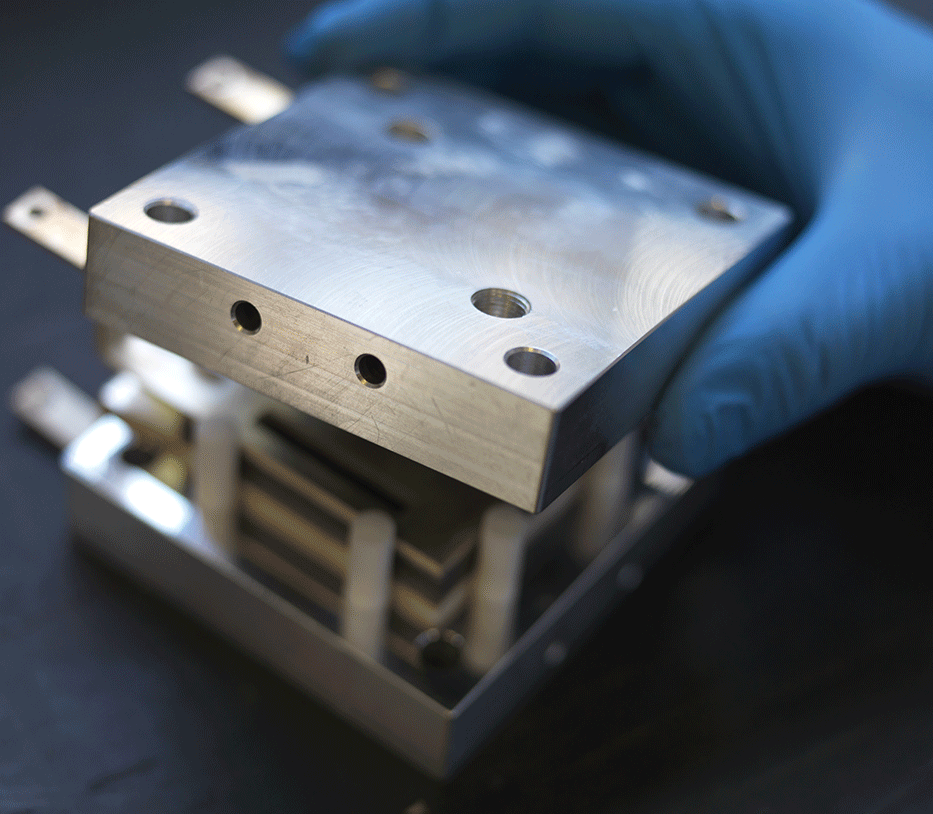Carbon capture
The increasing carbon dioxide (CO2) concentration in the atmosphere due to the intensive exploitation of fossil carbon reservoirs (e.g. coal and oil) is one of the grand challenges of our time. This challenge is severely affecting the natural carbon cycle which is central to all life on the planet. It is essential to secure that the carbon cycle remains in balance, and we therefore need to develop new tools that can support the transition to a sustainable and carbon-neutral society.

The research and development in CO2 capture and utilization at DTU Energy builds on competences in several subbranches of chemistry and physics and is supported by new tools in modelling and autonomous materials discovery. The research spans from the synthesis and characterization of liquid or solid-state sorbents for CO2 capture to the exploration of new CO2 capture and conversion processes driven by electrochemical reactions. The activities extend to system design consideration and analysis of energy efficiency.
Contact
Lars David Aili Senior Researcher Department of Energy Conversion and Storage Phone: +45 45252413 Mobile: +46704646536 larda@dtu.dk